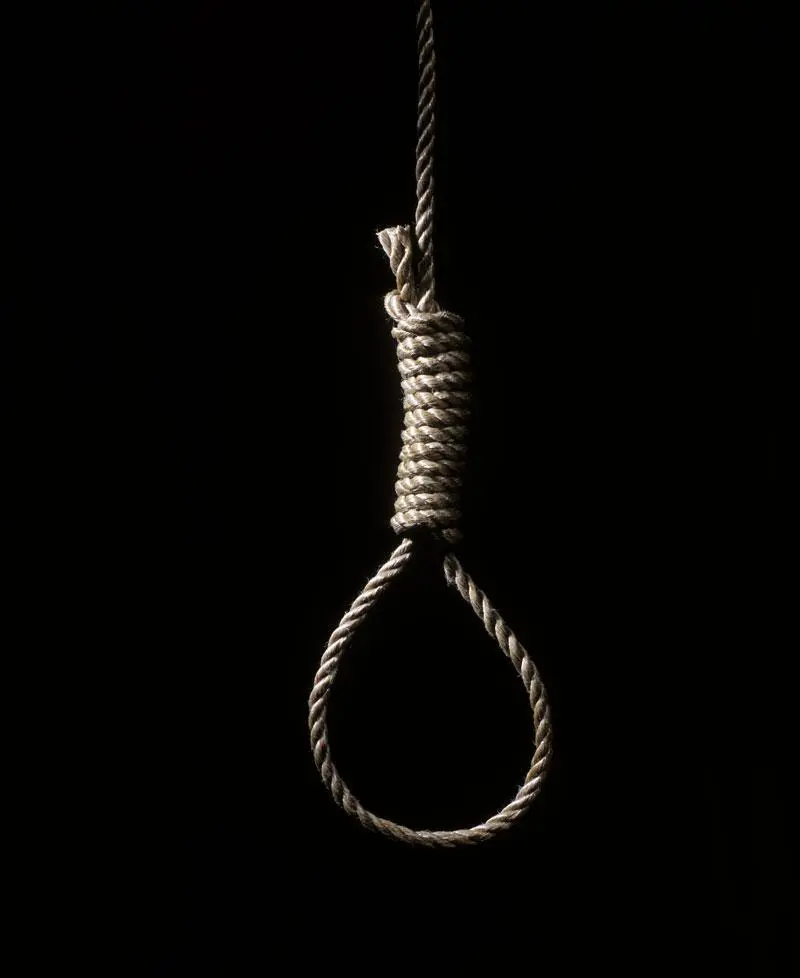
A newly released study has revealed that women on d3ath row in Nigeria face deep-rooted gender discrimination, with the majority suffering from poverty, limited education, and systemic injustice throughout the legal process.
The research, presented on Monday, October 13, 2025 at a stakeholder validation meeting in Abuja, was conducted by Hope Behind Bars Africa in collaboration with the National Human Rights Commission and supported by the World Coalition Against the D3ath Penalty and the French Development Agency.
According to the report, 47 per cent of female death row inmates are between the ages of 18 and 35, while more than one-third had no formal education, and only 10 per cent completed tertiary education.
Seventy per cent of the women surveyed are mothers, many of whom left behind children in unstable or fragmented care arrangements, deepening the inter-generational impact of incarceration.
The majority of the women previously worked in informal, low-income sectors such as trading and farming, highlighting the link between economic vulnerability and their entry into the criminal justice system
According to the study, more than a third of the women had experienced gender-based violence, including domestic abuse, child marriage, or coercion by partners—factors that were often directly connected to the crimes for which they were convicted.
The study also found that 75 per cent of the women were unaware of the laws under which they were charged, 85 per cent believed the law was unfair to women, and over half considered their trials to be non-transparent.
A significant number of the women reported confusion during investigations and trial processes, and many believed their cases were negatively influenced by the male-dominated structure of the justice system.
The stigma of incarceration was profound, with many women abandoned by spouses and rejected by their communities, especially in cases involving adultery or sexual offences.
Children of these inmates reportedly faced disrupted education, psychological trauma, and unstable living conditions due to the absence of their mothers.
Despite facing d3ath sentences, the study showed that over 80 per cent of the women believed in rehabilitation and preferred restorative justice approaches such as vocational training or imprisonment over capital punishment.

.jpeg)






















.jpeg)













 English (US) ·
English (US) ·